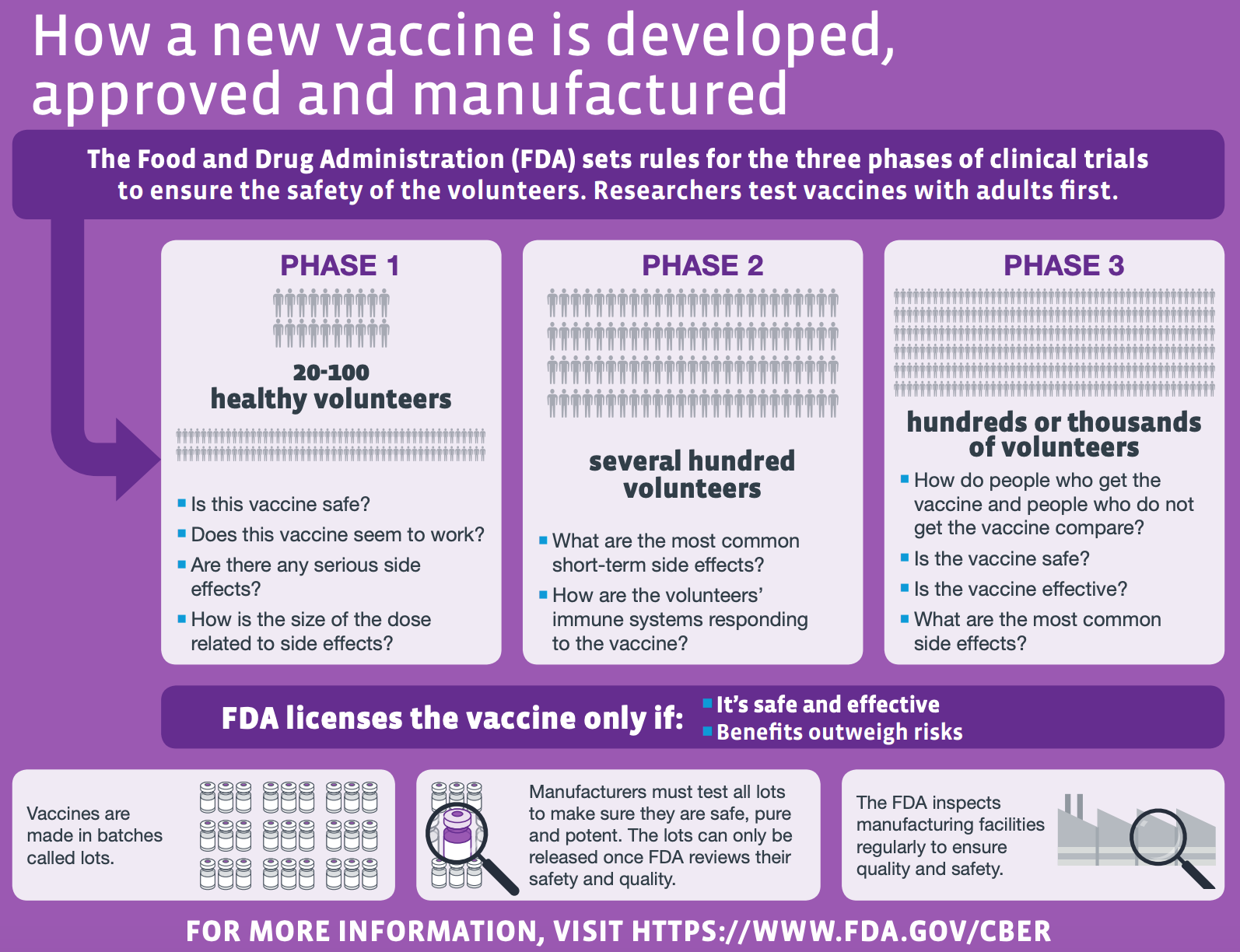Amid the ongoing crisis, The Factual is producing regular updates on key issues related to coronavirus, including on government actions, economic impact, healthcare preparedness, international response, and cultural consequences. Our goal is to distill the big stories down to what you need to know while also highlighting important, but less-covered perspectives on the ongoing crisis.
See yesterday’s post: How Will COVID-19 Impact the Economy Now and in the Long Term?
Policymakers are reacting to the recommendations of health experts at Imperial College London that suggest that effectively managing the epidemic will “minimally require a combination of social distancing of the entire population, home isolation of cases and household quarantine of their family members . . . until a vaccine becomes available (potentially 18 months or more).” In other words, a return to normalcy is dependent on the discovery and approval of a vaccine, which by most estimates will take up to a year and a half. Under these daunting prospects, it seems prudent to revisit the current search for vaccines and other ways of mitigating the effects of the virus.
Please check your email for instructions to ensure that the newsletter arrives in your inbox tomorrow.
Most Reported Topic: The Search for a Vaccine
Currently, the World Health Organization (WHO) has acknowledged 41 vaccine candidates as of March 13, but critically, all but one of these is still in pre-clinical trials. That means 40 of these vaccines have not yet been tested on humans at all. The one that has entered Phase 1 trials, mRNA-1273, is now in a period where 45 healthy individuals are exposed to the vaccine in a process that lasts approximately 6 weeks. The very first injection was administered just this Monday.
The process for approving a vaccine then moves through subsequent larger phases designed to ensure safety and then prove efficacy. Caution is essential in this process because vaccines are given to healthy people, meaning a mistake could potentially result in mass infection of the healthy population.

An explanation of the vaccine approval process from the USFDA.
According to Dr. Tony Fauci, Director of the National Institute of Allergy and Infectious Disease, the projected timeline of 12-18 month already includes “the fastest we have ever gone from a sequence of a virus to a trial.” Suggestions about circumventing the latter phases of a clinical trial — after a vaccine has been proven to be safe for the standard population but before its efficacy has been proved across populations of different health and age — can bring inherent dangers. A vaccine that works for healthy individuals can still be extremely dangerous for portions of the population, particularly individuals who are immunocompromised.
In short, there is little chance of speeding up the process of approving a vaccine without significantly increasing the associated risks. The good news is that many candidates are underway, but for now a vaccine — and therefore a return to normalcy — remains a long way off.
Recommended Reading from across the political spectrum:
Center:
What is herd immunity and can it stop the coronavirus?
(MIT Technology Review – 95%)
Left:
Trial of Coronavirus Vaccine Made by Modena Begins in Seattle
(New York Times – 83%)
Right:
Coronavirus reveals urgent need for FDA reform
(Washington Examiner – 79%)
Interested to know how we score articles? Check out our How It Works page.
Under-Reported Story
Repurposed drugs may help scientists fight the new coronavirus
Science News (Political Leaning: Center; The Factual’s Credibility grade: 82%)
When it comes to finding drugs to fight new viruses, science often turns to pre-existing drugs that are used to treat other illnesses. In some instances, these drugs are effective in circumstances beyond their original purpose, and they bring the added benefit of already having been deemed fit for human use. The same is true for COVID-19, with scientists around the world hunting for such a happy pharmaceutical coincidence. They may have found some strong candidates.
Please check your email for instructions to ensure that the newsletter arrives in your inbox tomorrow.
Chloroquine, an anti-malarial drug that’s been in use for 70 years, and Remdesivir, a drug in testing for Ebola treatment, have shown promising results in initial trials, not just in mitigating the virus itself but also in treating the most acute effects in patients, suggesting the drugs may be able to lower COVID-19’s mortality rate. But despite the attention of big names such as Elon Musk, caution is still imperative when treating this epidemic. Only through full testing can the efficacy — and safety — of either drug be confirmed for fighting COVID-19.
These and other drugs offer glimpses of hope in combating COVID-19, but an end to the pandemic still looks like it will require a tried and tested vaccine.
For daily updates on coronavirus and the world’s most important news topics, subscribe to our newsletter. For the best coverage of coronavirus every hour, on the hour, try our coronavirus timeline. And to anyone else in lockdown, keep calm and carry on!

